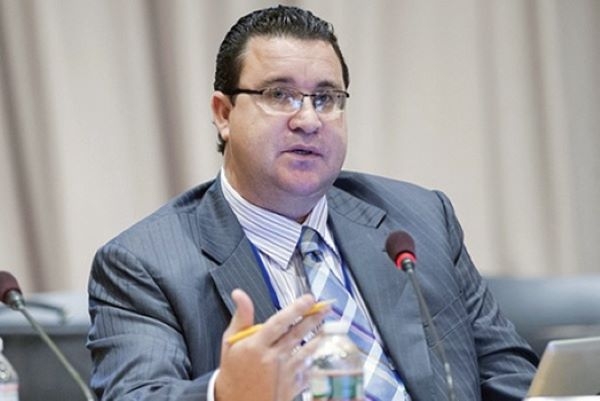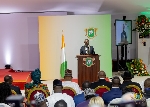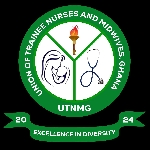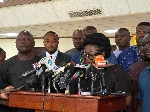World Bank releases additional $150m for Odaw Basin flood control
 Pierre Laporte, World Banks boss
Pierre Laporte, World Banks boss
The World Bank has released $150 million to the government as additional funding to improve on flood resilience in the Odaw River Basin in the Greater Accra Region.
The loan is to fund the Greater Accra Resilient and Integrated Development (GARID) Project aimed, among other objectives, at improving flood risk and solid waste management for over 2.5 million people in the Odaw River Basin.
The World Bank Country Director for Ghana, Liberia and Sierra Leone, Pierre Laporte, said “the bank is happy to support Ghana in these times of macroeconomic challenges and to help contribute to a holistic flood management approach through this additional financing of GARID”.
Mr Laporte further explained that the gesture was critical for achieving “the World Bank’s twin goals of ending extreme poverty and boosting shared prosperity as well as increasing the resilience of African cities”.
“This additional support fills a financing gap resulting from the triggering of the Contingency Emergency Response Component (CERC) in 2020 due to the COVID-19 pandemic and the inclusion of resettlement compensation for approximately 2,800 project affected persons.
It also addresses cost overruns for major infrastructure investments due to inflation and engineering requirements” the country director indicated.
The Senior Urban Specialist and Task Team Leader for GARID project, Catherine Lynch, for her part said “the planned flood mitigation infrastructure investments under GARID will directly reduce the flooding risks for urbanising and economically productive areas of the Greater Accra Region, limiting the direct flood hazards on more than 138,000 people”.
The GARID project, an inter-ministerial initiative being implemented by the Ministries of Local Government, Decentralisation and Rural Development, Works and Housing, Sanitation and Water Resources spans 2020 and 2025.
The project will continue to prioritise investments that enhance resilience to flood risks and improve solid wIt will provide additional resources to continue financing the structural measures to increase the detention capacity for flood mitigation in the basin area.
It will also provide targeted interventions in the low-lying areas of the basin and upstream interventions related to the management of municipal solid waste.
The GARID project, through investments supported under the Climate Resilient Drainage and Flood Mitigation Measures component, will also provide significant climate change adaptation benefits.
The huge economic and social impacts of the flood event of June 3, 2015 which affected 53,000 people and caused major damage and losses estimated at $55 million and $105 million in reconstruction cost necessitated the establishment of GARID by the government with support from the World Bank to address perennial flooding challenges in the capital.aste management systems in targeted communities of the Odaw River Basin.
Source: Graphic.com
Trending News

Cybersecurity Authority led arrest of ‘Abu Trica’ in a multi-million dollar romance scam
13:39
President Mahama requests withdrawal of private member’s bill seeking to repeal OSP Act
14:47
COVID Health Recovery Levy Repeal Act: President Mahama abolishes 1% levy
17:40
Ghana Armed Forces to conduct joint show of force exercise
15:09
Abidjan sees major gathering of African leaders as President Alhassan Ouattara sworn in for new term
19:09
UTNMG demands fair treatment for unregistered students at Bolgatanga Nurses’ Training College
13:12
E/R: Suhum Municipal Assembly supports PWDs with income-enhancing items to promote economic independence
13:12
Minority slams 'premature and unconstitutional' move to declare Kpandai seat vacant
15:38
Kpandai controversy: Minority says EC notification was premature and unlawful, calls for withdrawal
15:07
New utility tariffs unjustifiable, minority demands withdrawal
16:45




